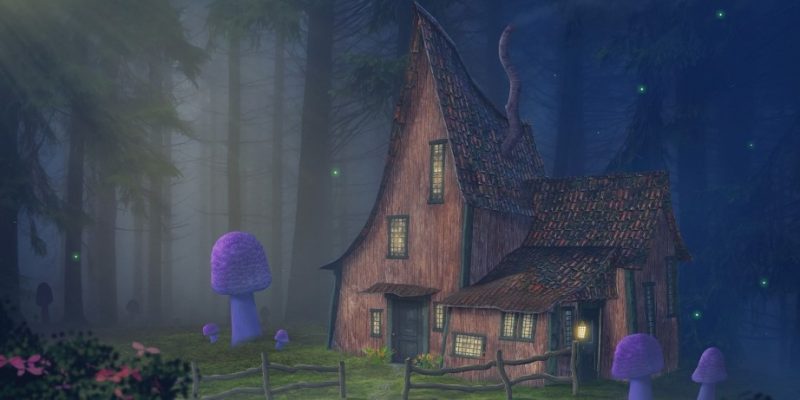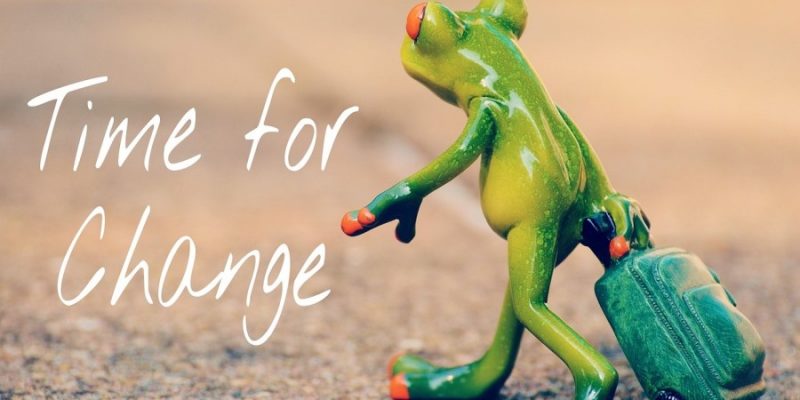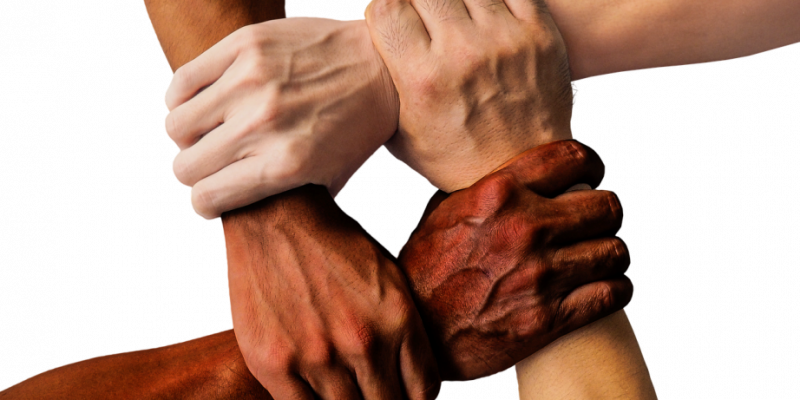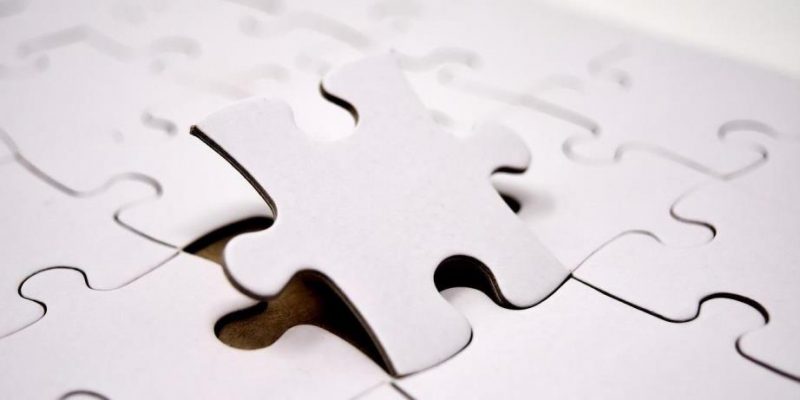
Facebook has this interesting quality of being quite an accurate metaphor of real-world relationships. On “befriending” people on Facebook we find a cluster of acquaintances, fans, colleagues, commercial relationships, family members, and our old and new real, face, and fake friends.
Of course, everybody knows that most of our Facebook friends are not at all our friends. The word “friend” is used in an ambiguous way. I think it would’ve been more honest if Facebook would’ve used the word “connections,” but that doesn’t sound sexy at all, and I suppose Facebook would’ve been a lot less successful.

But what I dislike about Facebook is that they deliberately use the affectionate connotation that goes with the “friend” word. It has an emotional charge, which is only very partially covered by what Facebook really offers and stands for.
Now, even as an child the pattern of my life was to continually move from country to country, and from town to town. That, in fact, made me both homeless and friendless. Actually, that’s not the whole truth, for I did gather a few friends, some of which I thought to be real friends, but more about that later in this post.
You see, we make friends everywhere, but the bigger part of those are what I call face friends. These are the friends we have in our immediate physical environment, being our “friends” out of a bunch of varied motives. But when we move on, these types of friendships tend to fade away.
In fact, I don’t really mind having face friends, because that’s just how life functions, and there’s of course this very true proverb saying that “out of sight is out of heart” underlining that adequately.
However, face friends are not the same as fake friends. Fake friends pretend to be real friends, but when “the going gets tough” we suddenly notice they’re not because they turn their back on us and leave us crawling around. It may be that we’ve changed, or maybe they’ve changed, well, people do change — but it doesn’t change the outcome.
In any case, it’s certainly not easy to recognize fake friends beforehand. They usually dress up as real friends. With experience we improve our judgement, but in general, “finding out” often only comes in hindsight. As it is, “being dumped” can make us very suspicious, giving us a lack of confidence in ourselves and in people.
But also that is life — what you see is not always what you get!
Receive occasional news about our new eBook and Video Workshop publications.















